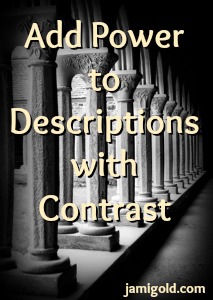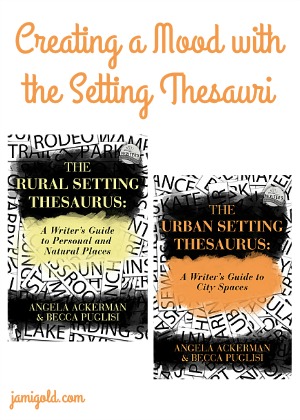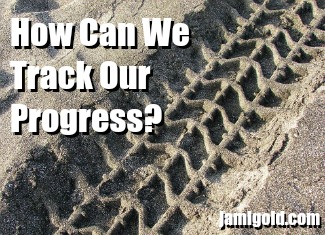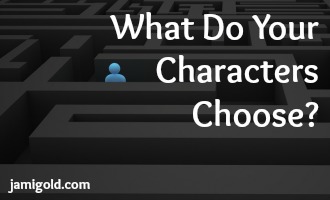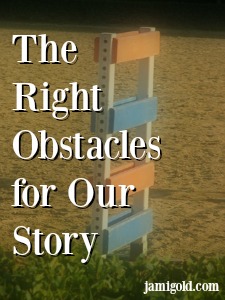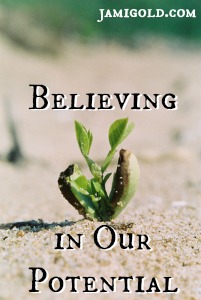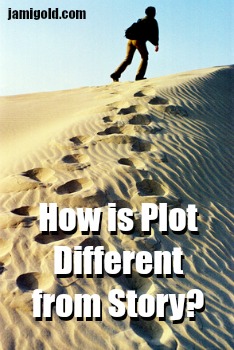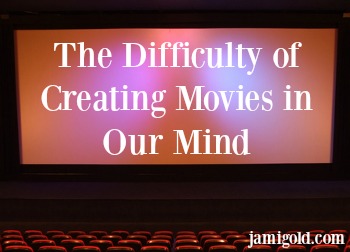A recent article about unlikable heroines pointed out that likability is often more of a problem for female characters than for male characters. While I’ve learned how to minimize those issues with my characters, the problem still rankles me.
Pin It
Read More
We’ve probably all heard (or thought!) that description is boring or the part readers skip. Yet our stories need description or else be confusing. Marcy Kennedy joins us today to share 5 tips to empower and add interest to our description by using contrast.
Pin It
Read More
The Thesaurus books by Angela Ackerman and Becca Puglisi are a must-have for every fiction author, and they now have two new Thesauri books: Urban Setting and Rural Setting. Becca’s here today to talk about how setting is important for more than just describing the time and place of our scene.
Pin It
Read More
The learning curve we face when deciding to become a writer is always longer than we think because we don’t know what all we don’t know. So how can we track our progress? How can we tell whether we’re improving? How can we feel good about our writing?
Pin It
Read More
Ashley asked a question in the comments last week that gets at the heart of strong, proactive characters. Even in literary fiction, characters are usually faced with making choices, and whatever triggers those choices is where we’ll find plot and character agency.
Pin It
Read More
Our characters have to overcome many obstacles throughout our plot, but changing the obstacles doesn’t always fix story problems. Sure, sometimes an obstacle doesn’t fit the story, but too often, the obstacle itself isn’t what’s broken—it’s the storytelling around the obstacle.
Pin It
Read More
Whenever we send our work out into the world for feedback, we’re taking a risk. Depending on our levels of self-doubt, the feedback might roll off our back, inspire us to work harder and fix issues, or convince us that we should quit writing. How can we avoid destructive feedback and the temptation to quit?
Pin It
Read More
When we first start off as writers, if someone asks us about our story, we might launch into an overview of our story’s plot. It’s easy to think the plot is what our story is about. But with few exceptions, story isn’t the same as plot.
Pin It
Read More
Sometimes as authors, we struggle to create a well-rounded world or characters that feel so real to readers that they experience a movie in their mind. Stories that feel like we can crawl in and inhabit them are often lauded as special, but why is it so hard to succeed in that goal?
Pin It
Read More
Aphantasia is the term for when someone can’t imagine something in their mind–“mind blindness” or not having a “mind’s eye.” As writers, this perspective not only gives us all sorts of story and character ideas, but it can also raise many questions about the concept of imagination itself.
Pin It
Read More


